Resources library
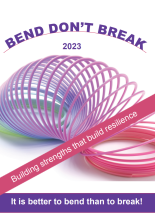
Bend don't break booklet
This workbook has information about resilience and tools that may help to strengthen your resilience.

This booklet is full of practical tips and information on managing stress and achieving and maintaining positive mental health and emotional wellbeing.

Bereaved NI
Information and support if you are experiencing grief and bereavement or helping other people who are bereaved.
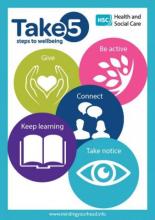
Take 5 steps to wellbeing (English and translations)
This leaflet and poster outline five simple ways people can maintain and improve their mental wellbeing. Translations into 12 languages are available.

Stress control website
Stress control is online classes provided by Health and Social Care. It is free of charge and you do not need to register to take part.
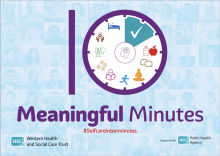
Western Trust 10 meaningful minutes
This pack highlights the importance and benefits of self-care. These needs could include physical, emotional, relationship and social needs.
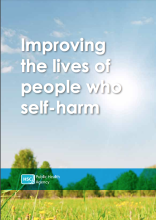
Improving the lives of those who self-harm
This leaflet is for anyone who wants to understand self-harm. It will be useful if you are harming yourself, or feel that you might do so. We hope it will also be helpful for your friends and family.
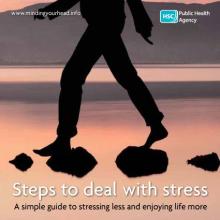
Steps to deal with stress - A simple guide to stressing less and enjoying life …
The Steps to deal with stress booklet provides tips and practical advice on coping with stress in your life and covers recognising stress, getting ready, coping better, learning from bad experiences and taking action now.
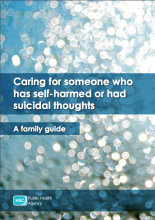
Self-harm family guide
This booklet is aimed at the families/carers of people who have self-harmed or had suicidal thoughts.
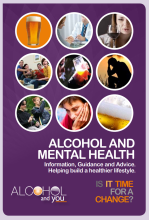
Alcohol and mental health leaflet
Information, guidance and advice to help you build a healthier lifestyle.

HSC apps library
A selection of carefully chosen mental health and well-being apps that offer valuable self help resources and tools which can be a good source of information and advice at a time when you might need it.
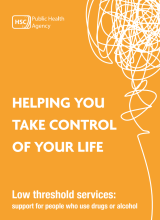
Helping you take control of your life leaflet
Find out about low threshold services which offer support for people who use drugs and alcohol.
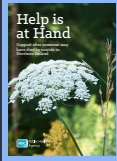
Help is at hand booklet
Support after someone may have died by suicide in Northern Ireland.
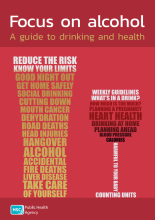
Focus on alcohol leaflet
Find out about the current advice on low risk drinking as well as the long and short-term effects of drinking too much alcohol. Get tips on sticking to the recommended limits for low risk drinking. This leaflet also offers a guide to how many units of alcohol are in common drinks.

Drug and alcohol directories of services
If you're concerned about your own or someone else's drinking, speak to your GP, who may refer you to a specialist agency. There are a range of services available across Northern Ireland that provide advice and support.

Concerned about suicide leaflet
This leaflet has helpful information for anyone concerned about suicide.
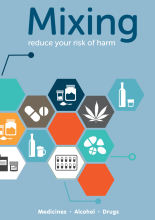
Mixing: reduce your risk of harm
Information on the risks of taking two or more drugs at the same time. This can include alcohol, over-the-counter medication or prescription drugs, and illegal or illicit drugs. Advice on how to reduce your risk of harm.

Lifeline
Lifeline is Northern Ireland’s crisis response helpline. Call Lifeline on 0808 808 8000.

Cannabis and you booklet
Information and tools to help someone concerned about their cannabis use. It will also give family members and friends information they may find helpful.

Comkit
Comkit has developed an empathic communication toolkit to support families, communities, agencies and representatives in what to do and say at a time of heightened suicide concern.
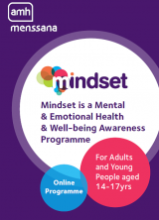
Mindset
Mindset is a mental and emotional health and wellbeing awareness programme for adults and young people aged 14-17.
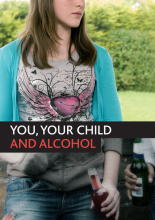
You, your child and alcohol booklet
You, your child and alcohol is a booklet that offers parents advice and guidance on how to discuss alcohol with their child and encourages them to think about how their relationship with alcohol can influence their children.